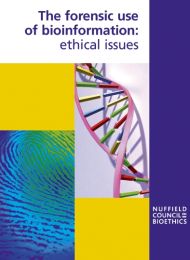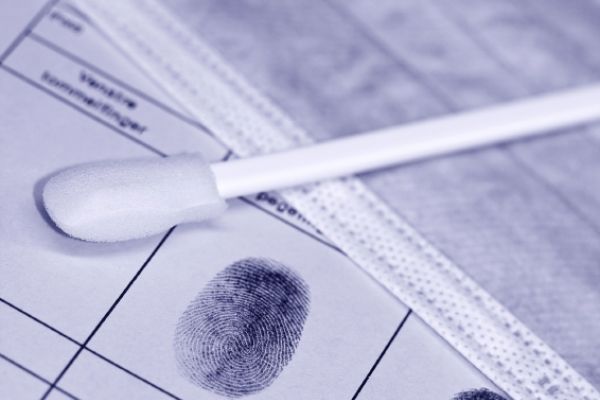The forensic use of bioinformation: ethical issues
Report
Published 19/09/2007

Finger printing and DNA profiling are increasingly valuable tools in the fight against crime. However, in the UK, there is a debate about whether current police powers to take and use bioinformation - powers that can affect the liberty and privacy of innocent people - are justified.
In the UK, the police can take DNA and fingerprints without consent from anyone arrested for a ‘recordable’ offence (mostly offences that can lead to a prison sentence). In England, Wales and often in Northern Ireland, the samples are then stored permanently on forensic databases even if the person is later found to be innocent. As a result, the UK has the largest forensic DNA database in the world per head of population, holding around four million DNA profiles or six per cent of the population. The national fingerprint database contains over 6.5 million records.
In Scotland, DNA and fingerprint records are destroyed if the person is not charged or convicted, unless it is a very serious crime.

Share